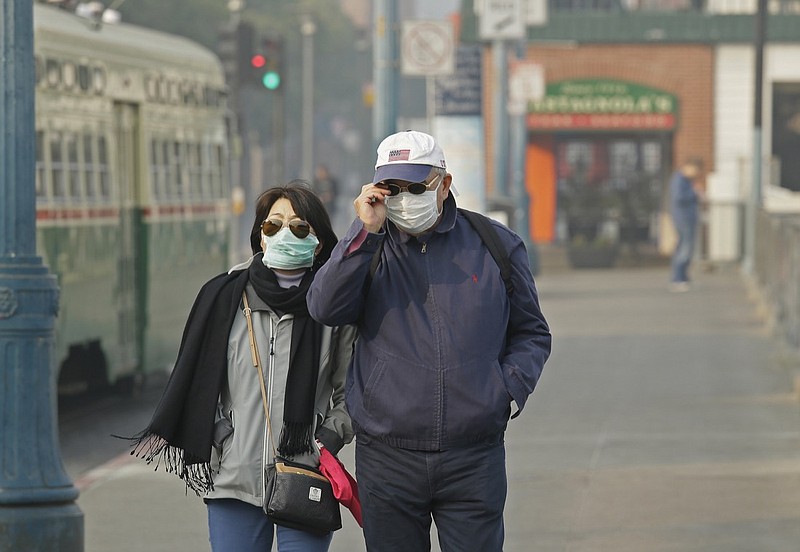Without dramatic, sustained national and international intervention, our way of life faces unprecedented threats from accelerated climate change.
Two recent reports highlight our worsening predicament.
The Fourth National Climate Assessment (www.nca2018.globalchange.gov/) was released in two parts in 2017 and November 2018. Periodic NCA reports are mandated by Congress.
The 2017 component of the NCA report documents the current, global surface-air temperature to be the highest in recorded history. Average temperature for the 48 contiguous states increased by 1.9 degrees Fahrenheit from 1986 to 2016. A further rise of 2.5 degrees is predicted for 2021-2050.
Part II of the NCA report, released on Black Friday, outlines growing threats to our economy, food production, fisheries and ecosystems, fresh water supplies and health from rising temperatures.
» Economy. Coastal cities and properties will face flooding due to rising sea levels. Stronger, more numerous hurricanes, which result from rising ocean temperatures, will cause widespread damage. Flooding, forest fires, and damage to infrastructure will cost billions of dollars to address. Tourism will suffer in affected areas.
» Food production. Rising temperatures, drought, and reduced snow pack will shrink food production in many parts of the country, especially in Southwestern and Midwestern states.
» Fisheries. Rising ocean temperatures increase carbon dioxide absorption from the atmosphere. CO2 combines with sea water to form carbonic acid. Increasing acidity and heat kill shell fish and coral reefs which are breeding grounds for many aquatic species.
» Health. Steadily rising temperatures will increasingly endanger anyone engaged in outdoor work or other activities. Heat-related deaths will steadily increase. Mosquitos and other vectors for tropical diseases such as dengue fever and Zika will steadily migrate northward. Maintenance of adequate supplies of fresh water will pose hardships for towns and cities in areas of rising temperatures. Smoke from increasingly numerous forest fires will reduce air quality over wide stretches of the country, increasing risks for persons with asthma, emphysema, and other respiratory illnesses. Poor people and indigenous populations will be especially impacted.
In late November, The World Meteorological Organization (WMO), which is a specialized agency of the United Nations, released its assessment of greenhouse gases through 2017 (Bulletin 14). These gases form an insulating blanket that traps heat within earth's atmosphere. Since 1990, the atmospheric carbon dioxide levels have reached a new high of 405.5 parts per million.
In clinical medicine, prognosis represents an informed opinion about the possible outcome for an illness or injury. Medical prognosis is based upon a large body of experience and observation. By contrast, prognosis of the effects of climate change must rely on accumulation and analysis of data relating to a possible future calamity for which there is no precedent. The NCA report offers a range of possible scenarios for a warming planet. Unless human production of greenhouse gases is progressively reduced, the outlook for our world is grim.
Politicization of climate change has all but frozen U.S. action to address the threat.
The NCA and WMO reports deserve careful reading and advocacy on behalf of our endangered planet lest we become another endangered species.
Contact Clif Cleaveland at ccleaveland@timesfreepress.com.

